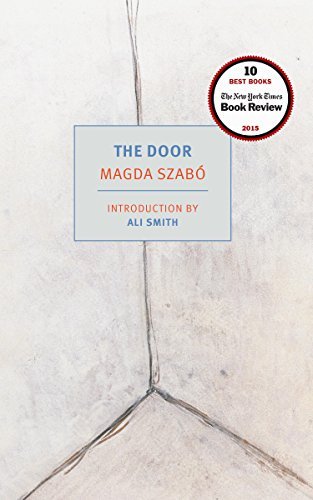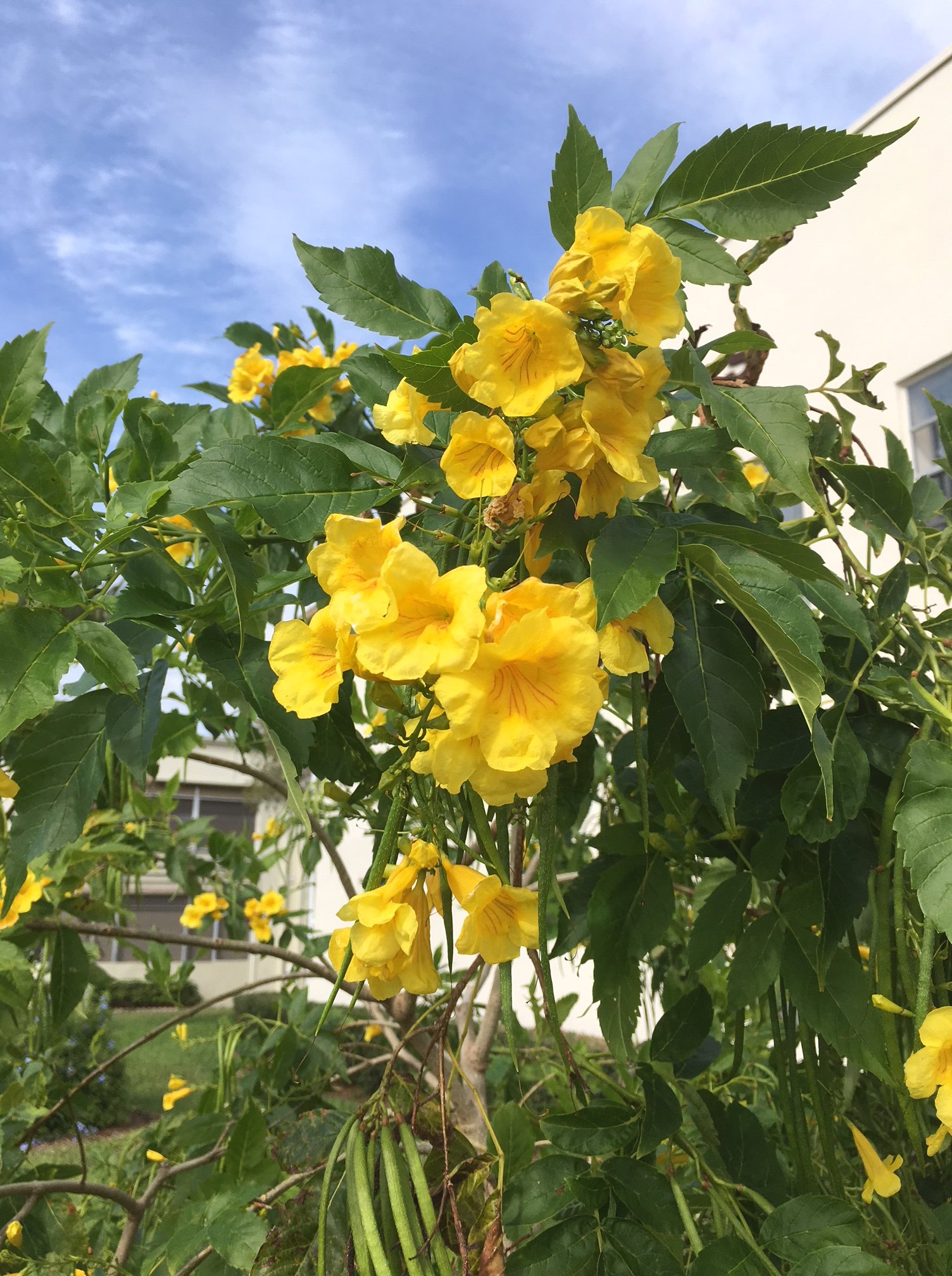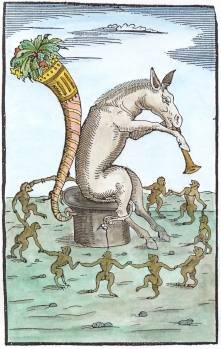
Disclosure: I am an affiliate of Bookshop.org and I will earn a commission if you click through and make a purchase.
I'm so glad I finally read Magda Szabó's The Door (trans. Len Rix), which Michael has been urging me to read for years. Set in Hungary after World War II, The Door is a rich exploration of the complicated friendship between Magda, a writer, and her formidable housekeeper Emerence. The mysteries that surround Emerence and her past give her a witchy quality. She almost never allows anyone inside her home where there are nine cats and, Magda guesses at one point, furniture and china looted from a Jewish family during the war. Here is Emerence bottling cherries for winter as she and Magda discuss the recent suicide of Emerence's friend Polett:
The stream of cherries tumbled into the cauldron. By now, we were in the world of myth—the pitted cherries separating out, the juice beginning to flow like blood from a wound, and Emerence, calmness personified, standing over the cauldron in her black apron, her eyes in the shadow under the hooded headscarf.
The slow revelation of Emerence's life before and during the war is balanced with a clash of personalities as Emerence foists her ways upon Magda's life, such as throwing a bit of hot mulled wine at Magda to get her to drink it when she is distraught over her husband's surgery. She is an infuriating, fascinating character, one of the most complex I've encountered in recent memory.
There is something about Emerence's strong personality and guarded history that reminds me of my great-grandmother from Budapest, who I didn't know very well and who I wrote about in my piece "Threads of Memory" in Jewish in Seattle. There is something about the metaphor of the door that has me scrabbling at it, anxious to understand so much that I never will. It's the sort of anxiety that fills novels; one day when it is safe to travel to Budapest I will do so, if only to be physically in that city, to be closer to that which I can never fully understand.

 I'm back home after a whirlwind book tour that ended with AWP in Tampa. Michael and I drove up from Delray Beach through the Everglades, hoping to spot alligators, and though there were none, pelicans abounded.We arrived in time for me to catch one panel Thursday afternoon, "
I'm back home after a whirlwind book tour that ended with AWP in Tampa. Michael and I drove up from Delray Beach through the Everglades, hoping to spot alligators, and though there were none, pelicans abounded.We arrived in time for me to catch one panel Thursday afternoon, " Dang it. Despite world affairs being horrendous, I'm going to relish some good things that happened in 2016. First, I achieved my goal of obtaining
Dang it. Despite world affairs being horrendous, I'm going to relish some good things that happened in 2016. First, I achieved my goal of obtaining